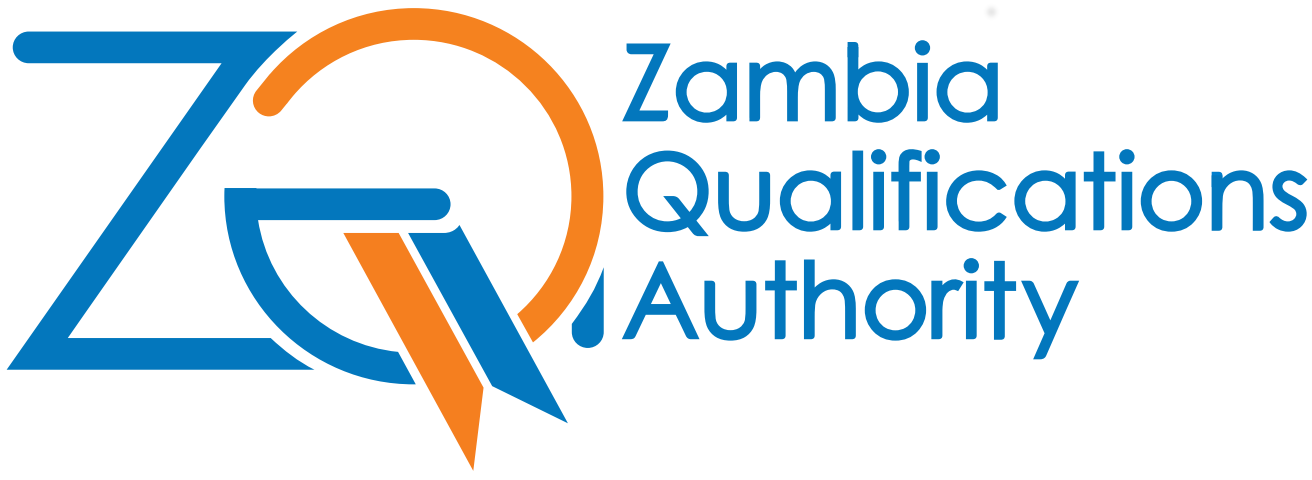By Clive Siachiyako
The world is today experiencing remarkable changes in technology and production systems. The changes create new opportunities and workplace disruptions driven by innovations and knowledge. Demand for new skillsets is emerging across sectors as occupational responsibilities are changing in every sphere of life. These changes have resulted into overlaps in job requirements, emergence of new roles in some sectors and redundancies. Consequently, human resource challenges have arisen in workplaces.
To address some of the workplace challenges resulting from changes in production systems and technology, timely curriculum reviews are required for consistent development of relevant workforce that meet individual, industry and national aspirations. Conversely, TEVETA has rebranded some of the training programmes in technical and vocational education and training to realign them to the needs of the labour market. Below are the old and new nomenclatures of the rebranded programmes:
A. Plumbing and Sheet Metal Curricula – Plumbing and Pipe Fitting Technology
B. Carpentry and Joinery Curricula – Woodwork Technology
C. Cutting and Tailoring Curricula – Fashion and Textile Design Technology
D. Bricklaying and Plastering Curricula – Building Technology
Objectives of rebranding are to retitle the programmes according to industry nomenclature (naming) and to revise the content of the curriculum. The nomenclature is interconnected to new roles and skills from job holders in the world of work. Being instrumental to achieving national aspirations, realigning TEVET programmes was key to address both skills gaps and mismatches that daunt the industry. The rebranding included the introduction of higher levels of qualifications in the four programmes for smooth progression to bachelors’ and postgraduate qualification notches.
The rebranding of programmes has a nexus with the 2020 TEVET revised policy, which provides for the establishment of polytechnics/ technical universities for the smooth progression to graduate and postgraduate. Polytechnic education is strongly inclined towards practice-based learning. It includes internships, industry attachments, and work-based learning for learners to acquire valuable hands-on skills and insight of essential skills required by the industry. The progression pathway provided for in the revised TEVET policy is from Level 6 (technologist/diploma) to Level 10 (doctorate) of the ZQF.
Progression in the TEVET system over the years presented challenges to learners with intentions to pursue higher level vocational qualifications. The technologist/diploma qualification remained the highest level for the TEVET system. Lack of the progression pathway was compounded with the absence of clear exemptions provisions across different programmes resulted into limited career progression of teaching staff in the sector and graduates. Arising from this gap, some of the TEVET institutions have partnered with universities to offer technical degree programmes.
However, the universities TEVET institutions partnered with were academic biased and diverted TEVET teaching staff into the academics. They lost the hands-on competences required in the sector. Thus, there has been insufficient improvement on the quality of TEVET. The revised policy provides a new approach to the progression pathway in the sector to the highest level of qualification. The rebranded training programmes are in line with national aspirations in developing workforce with higher practical competences levels for job and wealth creation.
The rebranded programmes will narrow skills gaps between engineers, technologists and artisans. The highest qualification for the rebranded programmes was craft certificate (Level 4 qualification), which left a huge gap between engineers and artisans. Artisans from the TEVET sector are valuable resource in actualising engineering ideas and designs. It is estimated that a single engineer requires twenty-five (25) artisans to realise their invention or idea. Therefore, re-engineering artisanal programmes is vital to the actualisation of engineering innovations across sectors.
The other rationale of rebranding the programmes was to re-align learning outcomes to in industry requirements. The re-alignment resulted into some programmes being split into two parts. For example, Carpentry and Joinery are standalone programmes at craft level (Level 4) for learners acquire specialised skills that make them proficient enough in the labour market. Those who do carpentry will take modules in building construction whilst those in joinery will be inclined towards furniture production. At technologist/diploma level, learners will take both carpentry and joinery as part of building construction technology.
The rebranding entails capacity building for trainers to for them to qualify to teach at a higher level of qualification. Training standards requirements are that a trainers/lecturer possesses a higher qualification than the level they are teaching. This means it is inappropriate for a technologist to be an instructor for learners pursuing a programme leading to a diploma qualification. A combination of work experience and appropriate level of qualification are treasured to the development of competent workforce by the TEVET sector. Thus, upgrading qualifications of trainers/ lecturers is one of the main requirements of the revised curriculum. Implementation of rebranded programmes will start this year. Rebranding and reviewing curriculum is critical to the TEVET sector to improve the productivity, economic growth and poverty alleviation. The world of work is evolving and new skills are required for sustained competitiveness and productivity. Thus, curricula need to be aligned to emerging industry needs of a suitable skilled workforce for enhanced employability, productivity and competitiveness.




